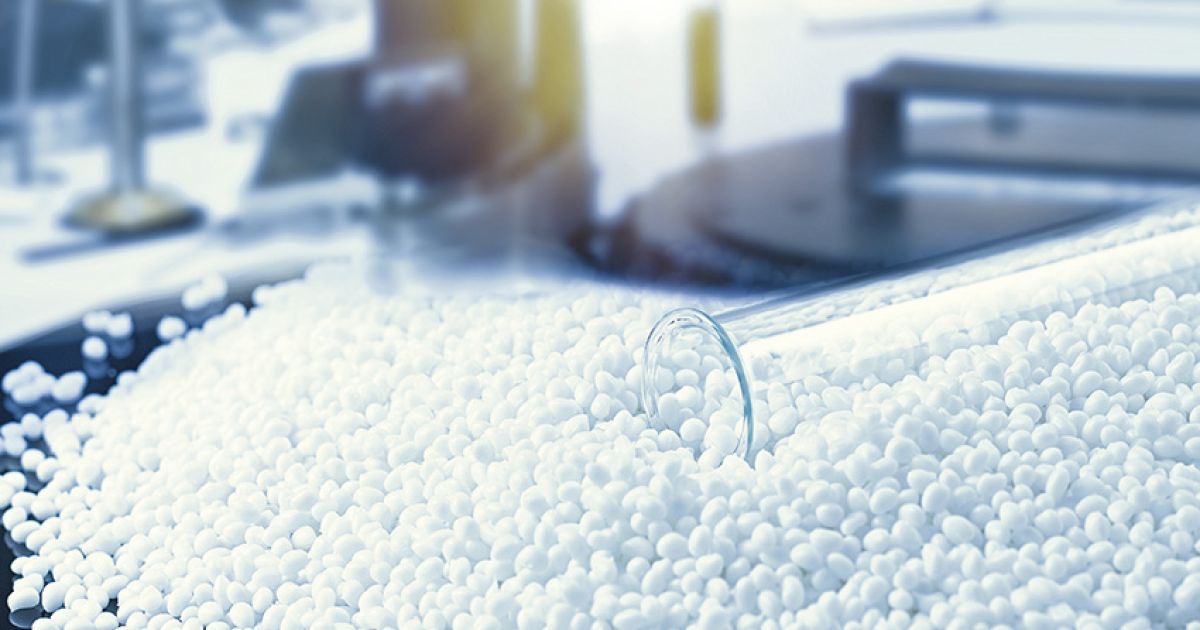A class of plastics can be recycled countless times
Researchers at the University of Colorado Boulder have developed a class of plastics that can be recycled countless times
A class of plastics used in the aerospace and electronics industries can be chemically broken down into their most basic elements and reformed into the same material countless times.
Researchers from the University of Colorado Boulder, who publish the advance in the journal Nature Chemistry, highlight that this is an important step in the development of fully recyclable and repairable network polymers, a material that is especially difficult to recycle, since it is designed to maintain its shape and integrity in extreme heat and other adverse conditions. The study documents how this type of plastic can be broken down and remade in perpetuity, without sacrificing its desired physical properties.
“We are thinking about different ways to break chemical bonds,” said Wei Zhang, lead author of the study and director of the department of chemistry. “Our chemical methods can help create new technologies and new materials, as well as be used to help solve the current crisis of plastic materials”.
Their results also suggest that reviewing the chemical structures of other plastic materials could lead to similar discoveries about how to completely break and rebuild their chemical bonds, enabling the circular production of more plastic materials in our everyday lives.

Conventional recycling methods mechanically break down polymer powders, burn them, or use bacterial enzymes to dissolve them. The goal is to end up with smaller pieces that can be used for something else, like shoes made from recycled tires or clothes made from recycled plastic water bottles. It is no longer the same material, but it does not end up in a landfill or in the ocean.
What Zhang and his colleagues have achieved is to reverse a chemical approach and discover that they can both break and form new chemical bonds in a polymer of special performance.
This breakthrough in closed-loop plastics recycling draws inspiration from the natural world, as plants, animals and humans are now part of a global circular recycling system, he adds.
Click the link to subscribe for free to our news and media group on Telegram: https://t.me/G_ELSUMARIO_News
Source: dpa


